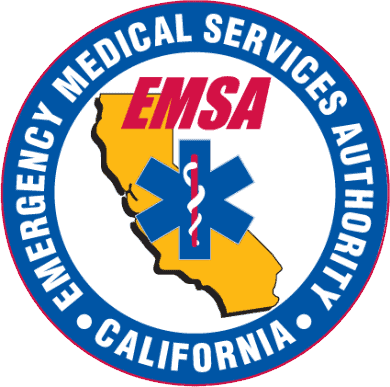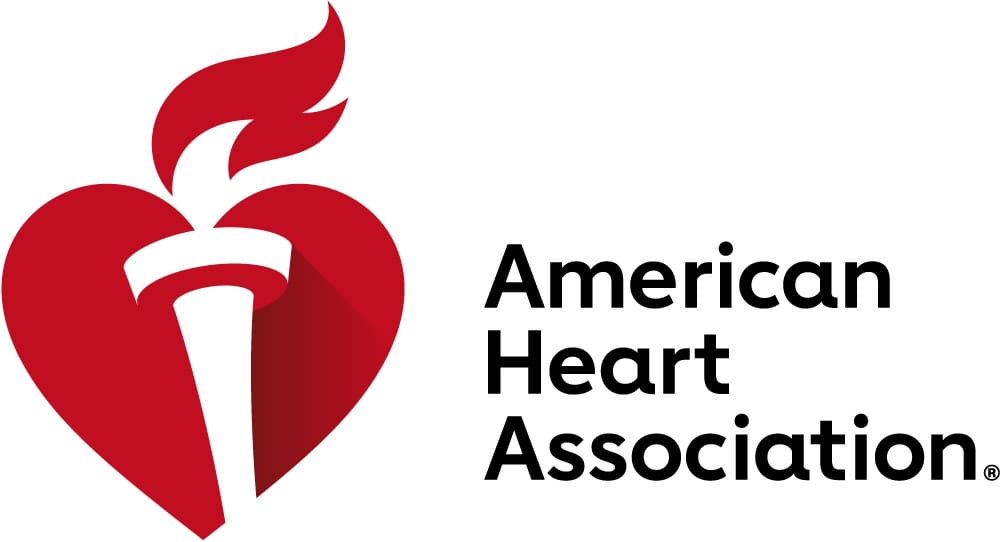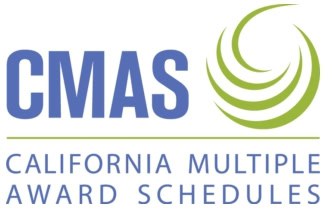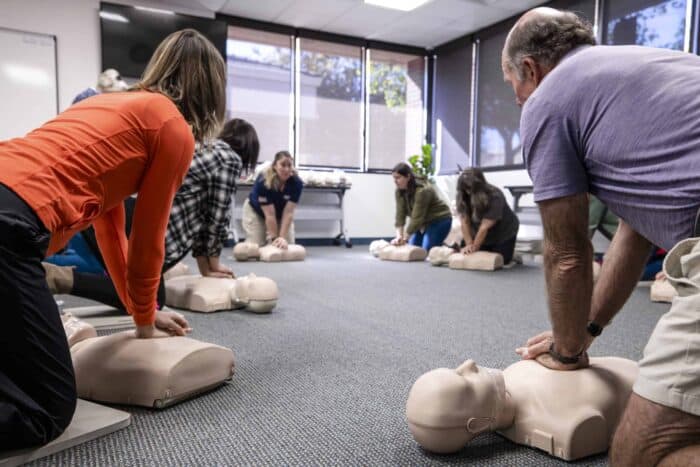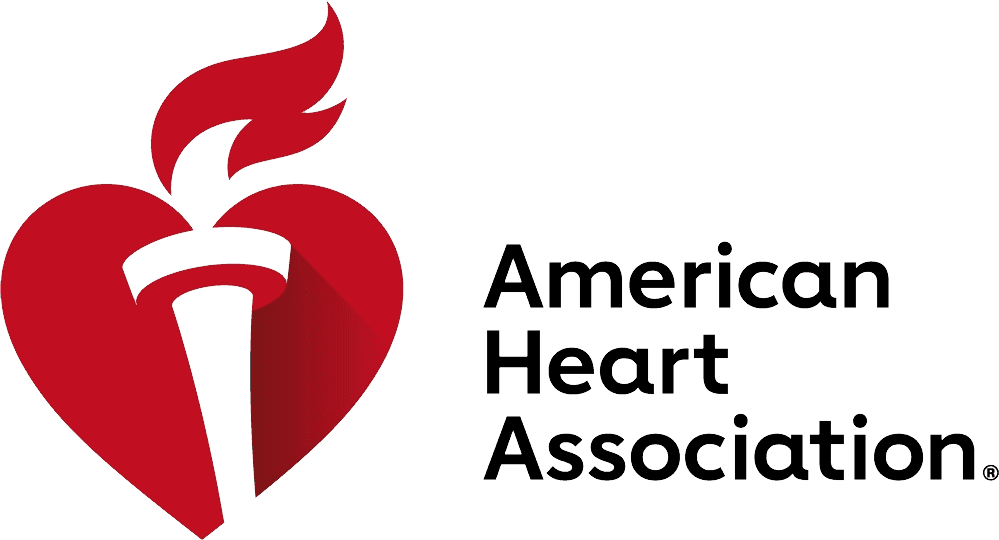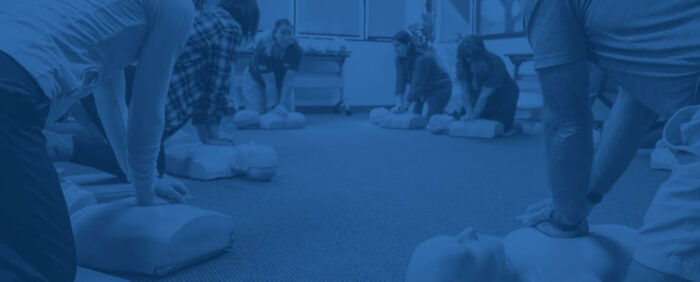Your cart is currently empty!
Medical emergencies can strike at any moment and having the appropriate skills to respond effectively can make all the difference. One such crucial skill is Cardiopulmonary Resuscitation (CPR). Numerous professions require this life-saving technique, ranging from healthcare to construction workers. The ability to swiftly respond to certain medical emergencies that may require CPR can play an indispensable role in ensuring the safety and well-being of victims and patients.

Healthcare Professions:
In the medical field, CPR certification is a fundamental requirement for ensuring the safety of both healthcare professionals and patients. Healthcare providers, including doctors, nurses, anesthesiologists, and even dental professionals, must undergo CPR training to handle potential emergency situations effectively. Employers in hospitals, doctor’s offices, nursing homes, and other medical settings are increasingly prioritizing CPR certification as a prerequisite for employment.
Providers for the Elderly:
Professionals offering care to the elderly, such as home health aids, hospice workers, and nursing home staff, often find themselves in situations where immediate action is required. CPR/AED certification is crucial in these roles, enhancing the quality of care provided and ensuring a swift response to certain medical emergencies.
Emergency Responders:
Individuals responding to emergencies, such as Emergency Medical Technicians (EMTs), paramedics, firefighters, combat medics, lifeguards, ski patrollers, and HAZMAT personnel, are likewise mandated to hold CPR certification. Certification is not only a job requirement but also a prerequisite for obtaining professional licenses in these fields.
Social Workers and Counselors:
Social workers and counselors play a vital role in assisting individuals and groups with social issues and situations. Given their diverse work environments, including hospitals, mental health facilities, and government agencies, CPR certification ensures they can effectively respond to medical emergencies that may arise in the course of their work.
Law Enforcement:
Law enforcement officers and security personnel often find themselves in unpredictable situations where immediate medical assistance is required. Police officers, security staff, park rangers, and jail guards are among those who must undergo CPR training to handle life-threatening medical circumstances.
School Personnel and Childcare Providers:
In educational settings, including schools and childcare facilities, having staff members with CPR and First Aid certification is crucial. Teachers, administrators, sports coaches, school nurses, and school bus drivers are often required to be certified to ensure the safety of students during school hours and events.
Fitness and Sports Professionals:
Professionals in the fitness and sports industry, such as physical therapists, fitness trainers, gym instructors, and coaches, must prioritize CPR and First Aid certification. This is especially important when working with diverse groups of individuals in fitness studios that offer classes for all ages.
Transportation Industry:
Certain roles in the transportation industry, including flight attendants, cruise ship employees, and bus drivers, require CPR certification.
Residence Assistants and Hall Staff:
Residence assistants and hall staff members may be required to have CPR certification in some states, ensuring they can respond effectively in emergencies within residential settings such as college dormitories.
Contractors, Construction Workers, and Electricians:
In the construction industry, where safety is paramount, CPR certification is often a mandatory requirement. Construction workers and electricians, exposed to high-risk conditions, are required to undergo CPR training to address medical emergencies effectively.
Whether it is the medical field, education, law enforcement, or any other public-facing profession, obtaining CPR certification is an investment in safety and preparedness for both individuals and their communities. The hands-on skills acquired through proper CPR training are critical for responding to emergencies effectively. Interested in how CPR works? Check out our blog post on The Anatomy of Saving Lives. To see Rescue Training Institute’s class list including all CPR classes, click here.

